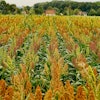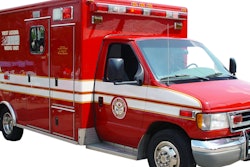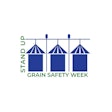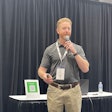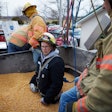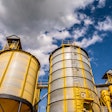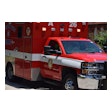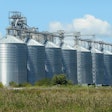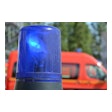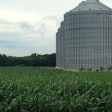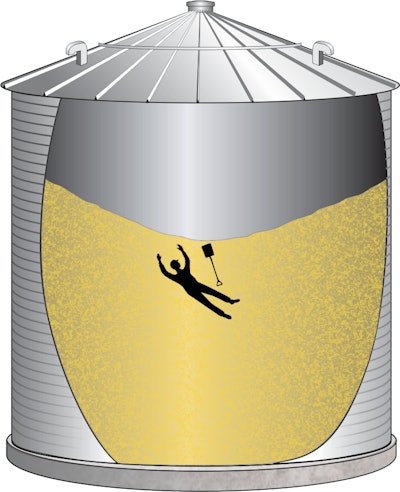
Since the 1970’s Purdue University’s Agricultural and Biological Engineering Department has been documenting and investigating incidents involving grain storage and handling facilities at both commercial and on-farm locations.
Beginning in 2013, the effort was expanded to include incidents involving grain transport vehicles (trucks, wagons, railcars); injuries occurring inside of confined spaces due to exposure to powered mechanical components, such as augers; falls from or into confined spaces; and other types of agricultural confined spaces including forage storage silos, liquid storage tanks, and manure storage facilities.
Purdue University's 2019 Summary of U.S. Agricultural Confined Space-Related Injuries and Fatalities report includes the following highlights:
- No fewer than 67 fatal and non-fatal cases involving all types of agricultural confined spaces were documented in 2019, representing a 9.8% increase over 2018.
- There were 38 grain entrapments in 2019 representing a 26.7% increase over 2018.
- 56.7% of all cases documented involved grain-related entrapments as compared to other cases involving falls, entanglements, and asphyxiations in all types of agricultural confined spaces.
- All documented cases were male.
- 58.2% (39) of 2019 cases were fatal compared to 61% historically.
- Minnesota, Iowa and Nebraska reported the most cases in 2019. Historically, Iowa, Indiana, and Minnesota have recorded the most agricultural confined space cases.
- Minnesota reported the most grain-entrapment cases in 2019. Indiana, Iowa, Minnesota, and Illinois have recorded the most grain entrapment cases over time.
- Eight cases in 2019 involved a youth under the age of 21, of which five involved manure handling or storage
For more information, visit Purdue University's Agricultural and Biological Engineering Department here.
For additional information on this report, contact Professor Bill Field at 765-494-1191 or [email protected].
In addition, refer to these sources for more information on this topic:

